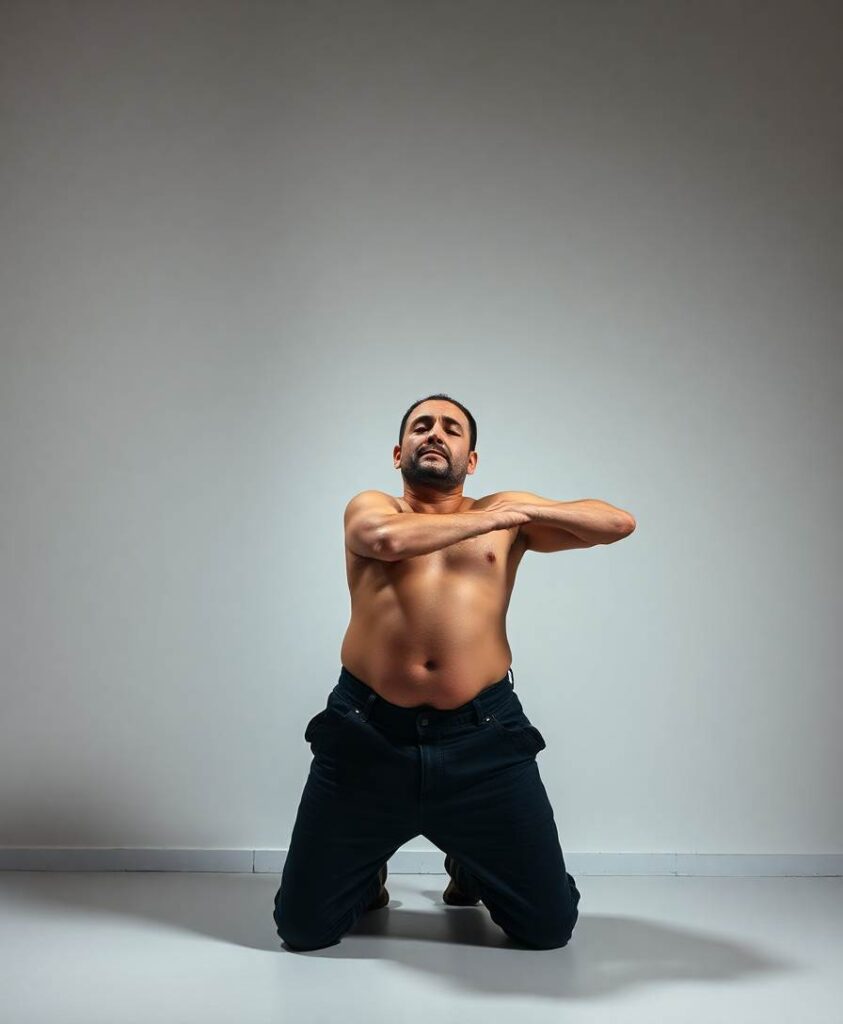The ability to predict the weight of objects is important for skilled and dexterous manipulation during activities of daily living. The observation of other people moving objects might represent an important source of information on object features and help to plan the correct motor interaction with it. In aging, an impaired ability to evaluate the object weight might have negative drawbacks in term of the safety of the person. The aim of this study was to investigate the role of aging in the ability to discriminate the object weight during action observation. Twenty older adults (Old) and twenty young subjects (Young) performed a two-interval forced-choice task consisting in the observation of a couple of videos showing an actor moving a box of different weights. The observer had to evaluate which video showed the heavier box. Handgrip strength was acquired from all subjects. Sensitivity analysis was performed and psychometric curves were built on participants’ responses. The results showed a diminished sensitivity in the object weight discrimination in Old than in Young group. The analysis of the psychometric curves revealed that this impairment pertained both the light and heavy boxes and the minimum difference to discriminate different weights was greater in Old than in Young. At last, the sensitivity and the discrimination ability significantly correlated with individuals’ handgrip strength. These findings allow us to deeply characterize the impairments older adults have in discriminating the weight of an object moved by another individual.

